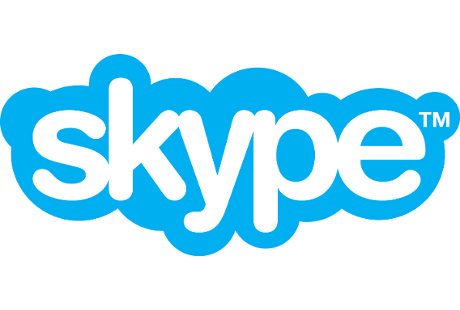The rising popularity of cheap telephone calls made over the Internet threatens to wipe millions off the value of incumbent telecoms providers across the globe. But can a company that offers such technology also create value? The executives at Skype certainly believe so – they apparently think their company is worth $3 billion.
According to The Wall Street Journal, Skype executives have hired investment bank Morgan Stanley to help sell the business or to take it public. After talks with international media conglomerate News Corp came to nothing, the rumoured $3 billion price tag makes an IPO look like the most likely option for the company.
But is can Skype really be worth $3 billion? That level of market capitalisation would value it alongside long-established technology vendors such as Compuware; it would be worth more than Novell.
The $3 billion figure looks even more astonishing when you compare it to non-technology businesses: it would rank in size alongside the likes of tyre maker Goodyear.
There is little doubt of Skype’s growing popularity: there have been close to 150 million downloads of its software and it has 50 million regular subscribers. But unlike a traditional telco, Skype will not look for revenues from calls: there is a charge to use parts of the service, such as calling a fixed line, but the majority of its revenues are expected to come from selling advertising.
That brings to mind another newcomer to the technology markets that is intimately acquainted with rocketing valuations based on online advertising revenues: search engine Google. In August 2005, it unveiled plans to raise up to $4 billion through the sale of additional shares, so it potentially has the cash to grab Skype. And as market watcher Richard Holway of analyst house Ovum Holway notes: "Putting Skype under the Google portal would push Internet telephony into the mainstream overnight. The commercial opportunity could be stunning."
There is a minor hitch with this scenario: Google has just set out plans to extend its own messaging service, Google Talk. It is also investigating the prospect of supporting the session initiation protocol (SIP) unified message standard, with a view to adding Internet telephony services to Google Talk.
Currently, Google favours using IP telephony technology from start up SIPphone, which is compatible with the Vonage service but not Skype. Ultimately, Google could simply be executing some clever positioning to negotiate the best price for Skype. But if not, it looks as if the Internet telephony company only has a very short window of opportunity to launch an IPO if it is to achieve that $3 billion price its executives feel it deserves.










